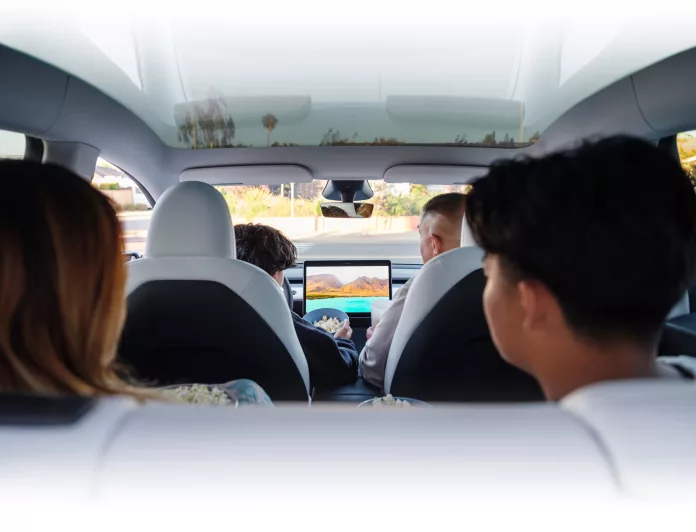Significant changes in Euro NCAP‘s evaluation criteria are imminent, with a new mandate that could potentially lower the ratings of car manufacturers that do away with physical controls for certain functions. This shift is a departure from Euro NCAP’s traditional emphasis on crash safety and prevention, favoring tactile buttons for essential car controls.
The Impact on Tesla and the Automotive Industry
Tesla, known for its minimalist design philosophy, might face challenges with the updated Euro NCAP assessment. The company has embraced a design approach that includes replacing traditional stalks with capacitive buttons and moving gear selection operations to touchscreens. Although Tesla’s innovative cabin design has been well-received by many, it is exactly these modifications that could lead to a downgrade in Euro NCAP ratings.
Pros and Cons of Touchscreen Dominance
The touch-based controls adopted by Tesla are defended by enthusiasts who appreciate the sleek cabin and trust in Elon Musk’s vision. They argue that with a bit of adjustment, the touch interfaces are not a detriment to safety. From an economic perspective, manufacturers like Tesla can save substantially on production costs, which in turn delights investors. However, other automakers may also be reluctant to forgo physical buttons as they seek to optimize their cost efficiency.
Safety Concerns Over Screen-Based Controls
Despite some favoring touchscreen interfaces, safety experts and authorities express concerns about the risks associated with their proliferation. Empirical studies support these apprehensions, highlighting that executing tasks on a touchscreen can be more time-consuming and distracting than using physical buttons or dials. In reaction, Euro NCAP is taking a stand by requiring that critical controls, including those related to hazard lights, turning indicators, windshield wipers, and horns, must involve a physical element to achieve top-tier safety ratings.
Regulatory Impact on the Automobile Market
It’s crucial to note that Euro NCAP operates independently of government regulation. Carmakers choose to participate in its testing programs primarily to showcase their commitment to safety in marketing efforts. While failing to adhere to Euro NCAP’s standards might result in negative press, it is unlikely to severely affect sales, provided that a car demonstrates superior safety performance in other respects.
The Future of Car Design with Euro NCAP’s New Rules
Considering the independent nature of Euro NCAP’s testing system and the minor influence it may have on market perception, it’s unlikely that Tesla will alter its design strategy over a minor dent in its safety rating. Similarly, other electric vehicle manufacturers may decide to preserve some physical controls to avoid potential downgrades. In any event, consumers who prefer a button-free driving experience need not worry; it seems the trend is here to stay for the foreseeable future.
























